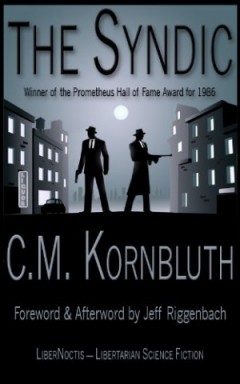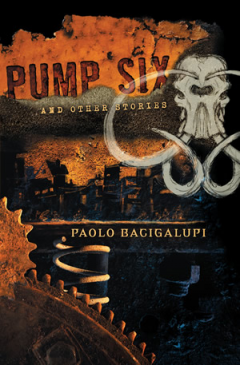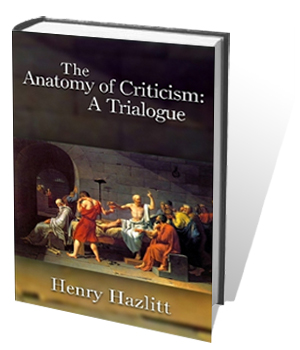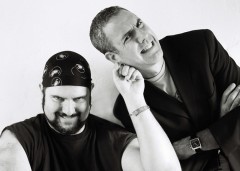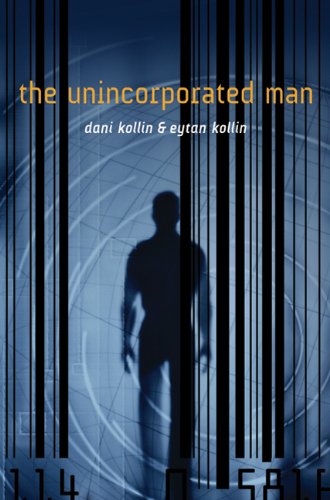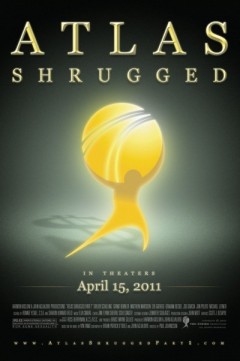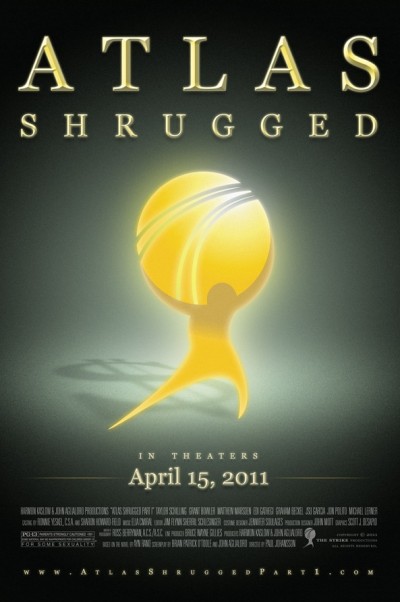In a recent addition to The Libertarian Tradition podcast series, part of the Mises Institute’s online media library, Jeff Riggenbach discusses the brief life of C.M. Kornbluth (1923–1958) and his novel The Syndic.
You can also read the transcript below:
The late Samuel Edward Konkin III was a firm believer in the power of science fiction to spread the libertarian message. He himself had been converted to libertarianism partly by reading the works of Robert A. Heinlein, and Heinlein remained his favorite science fiction writer for the rest of his life. Every July for years, he threw a joint birthday party for himself and Robert A. Heinlein (Sam’s birthday was July 8; Heinlein’s was July 7). The last and largest issue of his magazine,New Libertarian, was devoted to Heinlein, as was a sort of mini-conference he held, also in the late 1980s, under the auspices of his Agorist Institute. This mini-conference featured presentations by Sam, J. Neil Schulman, and yours truly, along with much spirited discussion.
But if the works of Robert A. Heinlein topped Sam’s list of great libertarian science fiction, they were far from the only titles on that list. He was also a great admirer of Eric Frank Russell’s Great Explosion, for example. He expressed enthusiasm for A.E. van Vogt’s fiction, especially The Weapon Shops of Isher. And, he told me more than once in conversation, he held C.M. Kornbluth’s 1953 novel, The Syndic, in high esteem and considered it lamentably little known and much underappreciated among libertarian science fiction novels. I suspect part of the reason Sam never wrote about The Syndic was that he felt any public display of approval on his part for a writer like C.M. Kornbluth would require at least a bit of explanation. You see, Kornbluth was a Futurian, and libertarian science-fiction fans back in Sam’s heyday — the 1970s and ’80s — were almost always critical of the Futurians, if not openly hostile to them.
Libertarian science fiction fans of today care a good deal less for such ancient controversies, I suspect. Libertarian science-fiction fans under 40 are probably at least a little unclear on just who or what the Futurians were. Those old timers like me who know who they were have now lived long enough that we wonder whether it really matters who they were — whether it mattered even at the time.
